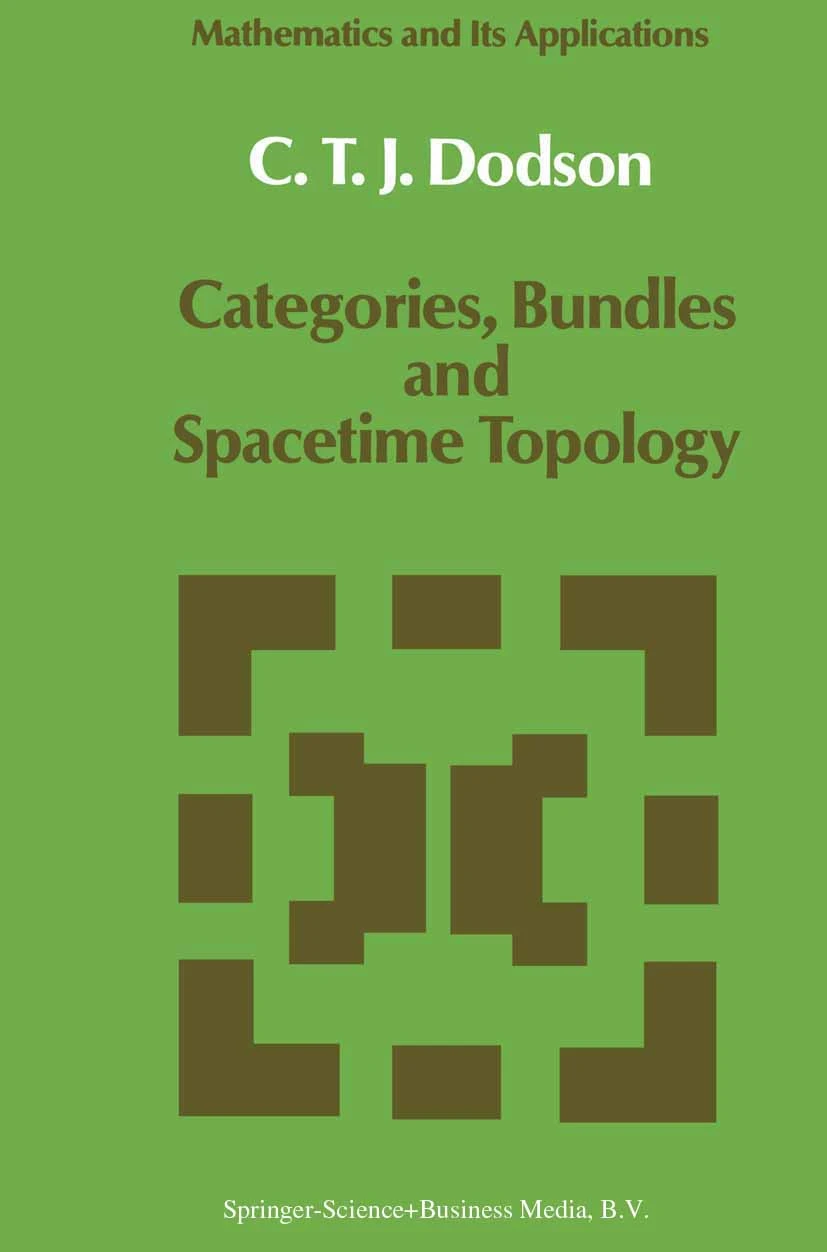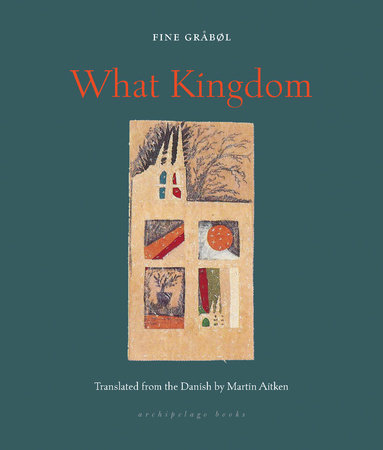"Integrated - care": What's in a word, or two?
This blog post was sat in 'drafts' since 28/01/2007 (yes, I know what that suggests). It concerns an issue, or more properly a theoretical and experiential aspiration in health AND social care that should in truth have provoked many papers for Hodges' model by now.
In practice, (and clinical - especially) we often use words in rather lackadaisical way. Not surprising really, after all we've got a job to do! When pronouncements are made regards health and social policy I hear it as good intentions. I also reach for my soap box. It is often hyperbole, rhetoric. The same applies to the related idea and ideal(?) of holistic care, and person-centredness. I'm biased, of course, but I believe that Hodges' model can help to scope, and define these idealised features of health and social care (and education). As noted, people don't have the luxury of time to stop and deliberate on the precise meaning of the language they routinely use. As noted, at the end of the day - if it gets the job done then that's sound.
In a poll of words that are both much used and the meaning taken for granted integrated must be near the top for several reasons:
- its seniority: it has been around for decades.
- its scope across sectors and day-to-day life.
- our dependence on its fulfillment.
| INTEGRATION OF: PRACTITIONER; Team; service; org... Philosophy* assessments threshold for acceptance into service (referral criteria) patient experience & engagement health education / literacies programmes spiritual research involvement | INTEGRATION OF: health record (e- or paper) location - team base care disciplines geographical area referral sources assessments - tools/scales data and statistics research involvement |
INTEGRATION OF: HEALTH & SOCIAL CARE public engagement hospital carer (parent/guardian) experience community services social care - NHS family experience public engagement in research Patient / Public Community Advocacy Treat demand :: Support prevention | INTEGRATION OF: funding leadership / management accountability - complaints (not the same thing!) outcome measures ILLNESS - PREVENTION / education self-care <> planetary care - Sustainability assisted dying! palliative care! Public - Private - Voluntary Sectors Provider :: Purchaser [Systems] All-Party Parliamentary Groups^ |













 orcid.org/0000-0002-0192-8965
orcid.org/0000-0002-0192-8965

